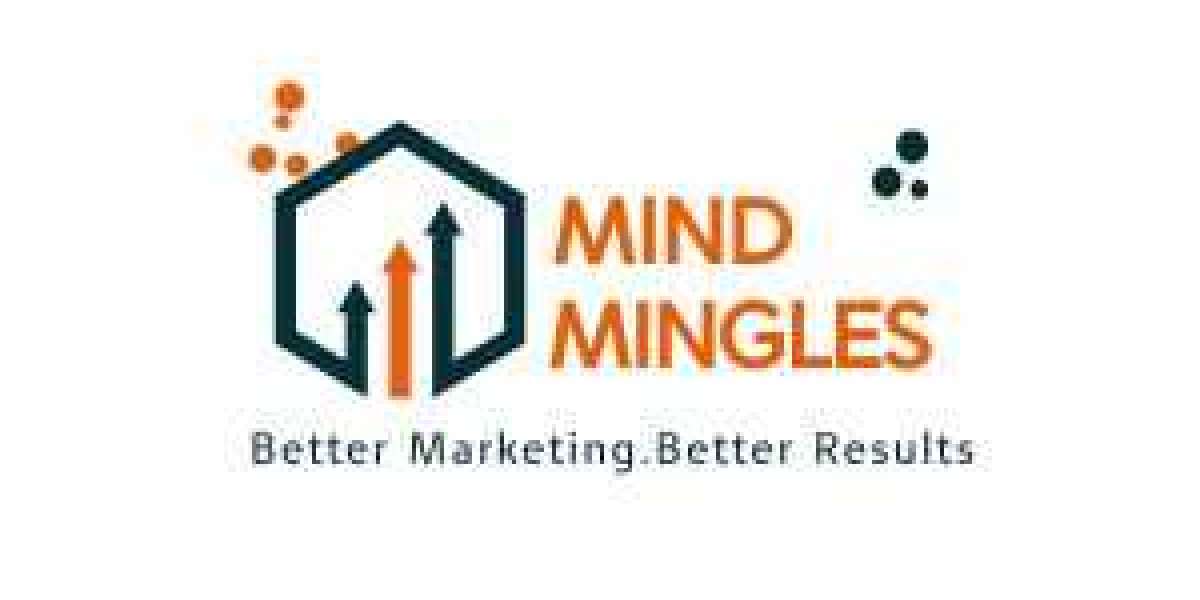In the world of software development, managing databases efficiently is a key factor for success. Object-Relational Mapping (ORM) packages have become an essential tool, enabling developers to interact with databases in an intuitive, object-oriented way. This article dives into what ORM packages are, their advantages, and some popular examples across programming languages.
What Are ORM Packages?
ORM (Object-Relational Mapping) packages are libraries or tools that bridge the gap between object-oriented programming languages and relational databases. They simplify data management by allowing developers to work with database records as objects in their code. Instead of writing complex SQL queries, developers can use straightforward methods to interact with the database.
For instance, operations like fetching, updating, or deleting records are translated into database queries by the ORM package, abstracting away the complexities of SQL syntax.
Benefits of Using ORM Packages
1. Simplified Coding
ORM packages eliminate the need for manually writing SQL queries. Developers can perform operations like find, create, or update using familiar object-oriented programming principles, reducing development time.
2. Database Independence
One of the significant advantages of ORM packages is their ability to work with multiple database systems. Whether you're using MySQL, PostgreSQL, or SQLite, most ORM tools allow you to switch between databases with minimal changes to your code.
3. Improved Productivity
With ORM packages, developers can focus on building application logic rather than wrestling with database queries. This is especially beneficial for those unfamiliar with SQL, as the ORM handles most of the heavy lifting.
4. Error Reduction
ORM packages minimize the chances of errors such as SQL syntax mistakes. They also include built-in protection against common vulnerabilities like SQL injection, making applications more secure.
5. Streamlined Data Relationships
ORM tools make it easier to work with complex relationships between database tables, such as one-to-many or many-to-many. These relationships are represented as object properties, making them more intuitive to manage.
Key Features of ORM Packages
- CRUD Operations: Basic operations like Create, Read, Update, and Delete are simplified.
- Relationship Mapping: Supports associations like hasOne, hasMany, and belongsTo.
- Migration Tools: Many ORMs include tools for managing database schema changes.
- Query Building: Provides methods for constructing queries programmatically.
- Data Validation: Built-in validation ensures data integrity before it reaches the database.
Popular ORM Packages Across Languages
1. SQLAlchemy (Python)
Known for its flexibility, SQLAlchemy combines ORM features with the ability to write raw SQL when needed. It's highly popular among Python developers for its power and scalability.
2. Entity Framework (C#/.NET)
Entity Framework is the ORM of choice for .NET applications. It offers seamless integration with Microsoft technologies and supports LINQ for querying data.
3. Hibernate (Java)
Hibernate is a robust ORM tool for Java developers. It supports advanced features like caching and is widely used in enterprise-grade applications.
4. Sequelize (Node.js)
For JavaScript developers, Sequelize is a popular ORM for Node.js. It supports multiple databases like MySQL, PostgreSQL, and SQLite, offering a simple yet powerful API.
5. Django ORM (Python)
Built into the Django framework, Django ORM is perfect for rapid application development. It simplifies database interactions while tightly integrating with Django's overall architecture.
6. Eloquent (PHP)
Eloquent is Laravel's built-in ORM. Known for its expressive syntax, it simplifies database operations for PHP developers, particularly in web development projects.
7. Active Record (Ruby on Rails)
Active Record follows a convention-over-configuration approach, making it easy to use while maintaining flexibility for customization. It’s ideal for Ruby developers.
When to Use ORM Packages?
ORM packages are best suited for projects that involve frequent database interactions. They are particularly beneficial for:
- Rapid Development: Reducing the time spent on database integration.
- Projects with Multiple Developers: Standardizing database access methods across teams.
- Applications with Dynamic Schema Needs: Simplifying migration and schema changes.
However, for highly complex or performance-critical database operations, it may still be necessary to use raw SQL alongside ORM tools.
Final Thoughts
ORM packages play a crucial role in modern software development, streamlining database management and improving productivity. By abstracting the complexities of SQL and offering powerful features like relationship handling and data validation, these tools empower developers to build scalable and maintainable applications.
Choosing the right ORM package depends on your programming language, project requirements, and database system. Whether you’re a Python, Java, or PHP developer, leveraging ORM packages can significantly enhance your development workflow and the overall efficiency of your application.
